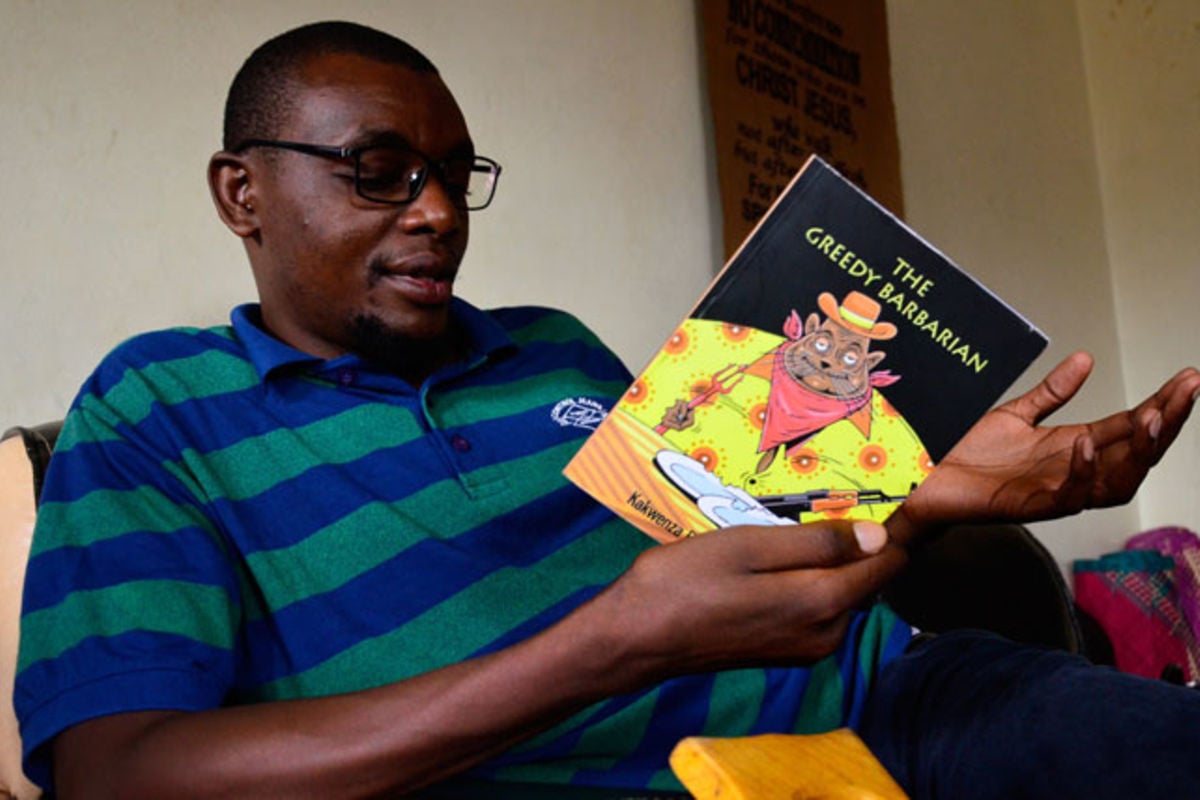Why are conspiracy theories so popular?

The Oxford English Dictionary defines conspiracy theory as “the theory that an event or phenomenon occurs as a result of a conspiracy between interested parties; spec. a belief that some covert but influential agency (typically political in motivation and oppressive in intent) is responsible for an unexplained event.”
It also cites a 1909 article in The American Historical Review as the earliest usage example. The earliest known usage was, however, by the American author Charles Astor Bristed. This was in a letter to the editor published in The New York Times on January 11, 1863.
Still, this did not stop several persons from claiming that the terms “conspiracy theory” and “conspiracy theorist” were created by the Central Intelligence Agency (CIA) in the aftermath of the assassination of the 35th President of the USA, John F, Kennedy, as a way of discrediting people who doubted the government’s official reports.
At any rate, conspiracy theory has replaced political ideology. The conspiracy theorist is today’s political ideologue. So move aside Frantz Fanon, Candace Owens is in the building.
Popularity explained
In the last 50 or so years, there has been a marked decline across the globe in the trust previously given to public institutions and public figures. Citizens around the world have become more cynical. That is why sayings like “politics is a dirty game” are taken as gospel. But there are other reasons, too.
Scientific American, a popular American science magazine, recently carried the research of Stephan Lewandowsky, a cognitive scientist who studied why some people deny that the planet is getting warmer and humans are responsible. At the heart of such denialism, he found, were conspiracists who believe that Elvis Presley and Tupac Shakur are alive and that the Apollo moon landing was a hoax. To them, the five senses have let us down. The sixth sense, intuition, is what they rely on.
“One obvious reason for the current raised profile of this kind of thinking is that the last US president was a vocal conspiracy theorist. Donald Trump has suggested, among other things, that the father of Senator Ted Cruz of Texas helped to assassinate President John F Kennedy and that Democrats funded the same migrant caravan traveling from Honduras to the US that worried the Pittsburgh synagogue shooter,” says Scientific American.
Adding, “New research suggests that events happening worldwide are nurturing underlying emotions that make people more willing to believe in conspiracies. Experiments have revealed that feelings of anxiety make people think more conspiratorially. Such feelings, along with a sense of disenfranchisement, currently grip many Americans, according to surveys. In such situations, a conspiracy theory can provide comfort by identifying a convenient scapegoat and thereby making the world seem more straightforward and controllable.”
Ugandan conspiracies
One cannot opine anything about President Museveni without appending a conspiracy theory to that opinion. To many, President Museveni is the omnipotent and omniscient puppet master in control of everything that happens in Uganda. Not a sparrow falls without his knowledge.
The octogenarian has contributed to this thinking by fostering largely historical fiction regarding the power of the supposed demigods, the Bacwezi. It favours his regime that we believe that his government is predominantly populated by gods instead of humans. That’s because who can, in their right senses, oppose gods?
President Museveni’s rise to power has also been accompanied by several conspiracy theories. Chief proponents of such theories are Timothy Kalyegira and Norman Tumuhimbise. Both men have written extensively about a hidden Ugandan history, one which has been cleverly concealed from public consciousness.
In this history, the rebel Museveni perpetrated most of the killings during the Idi Amin era. Rebel Museveni even had the evil genius not only to orchestrate the mass killings under Amin; he also had the good sense to kill his fellow revolutionaries such as Martin Mwesiga, Mwesigwa Black, Raiti Omongin and Valerino Rwaheru (Museveni’s housekeeper) in the 1970s. During the 1981-1986 bush war, rebel Museveni was at it again eliminating Sam Magara, Ahmed Seguya, Sam Katabarwa, among several other unfortunates.
The Greedy Barbarian, the freshman book by Kakwenza Rukirabashaija, was based on a number of fictionalised conspiracy theories.
Tumuhimbise, Kakwenza and Kalyegira must have been feeding from the same trough, as it were. Their theories suspiciously agree with the theories of the Uganda People’s Congress who, in one theory, put it about that: “Lt Col Jet Mwebaze, UPDF officer, 1999. Shot in the forehead in Congo on orders of Salim Saleh with the Ugandan ruler’s approval, for questioning why Saleh and the Ugandan ruler’s son Muhoozi Kainerugaba were exporting beef to Congo and looting minerals, instead of looking out for Uganda’s security interests. The government claimed it was an accident but there was an unexplained gunshot wound on his forehead. His body was returned in a sealed coffin and his family was not allowed to view his body. His brother, General James Kazini, is still convinced that there was foul play in Mwebaze’s death.”
Kazini himself was also killed in 2009, ostensibly as a result of a similar conspiracy.
Enter Diddy
In the wake of Music Mogul Sean “Diddy” Combs being accused of sexual abuse and exploitation, the American entertainment industry is a magnet for conspiracy theories. Not only have the arcane rituals of that industry been thrust into the harsh glare of public scrutiny, the origins of music genres such as gangster rap have been linked to conspiracies.
On September 20th this year Owens hopped on X, formerly Twitter, and posted: “Gangster rap was never black culture. It was created by the Feds, who proferred [sic] deals to homosexual black men in prison and then turned them into artificial celebrities. The goal was to create false idols to destroy black American values.”
Rapper Ice Cube then posted: “We called it Reality Rap the industry coined it Gangsta Rap. The fans wanted gangsta rap and that’s what they got. The Feds didn’t write none of my s**t. I’m a real MC.”
Inevitably, conspiracists will say these words were posted by an obviously cloned Ice Cube.
ABOUT DIDDY
In the wake of music mogul Sean “Diddy” Combs being accused of sexual abuse and exploitation, the American entertainment industry is a magnet for conspiracy theories. Not only have the arcane rituals of that industry been thrust into the harsh glare of public scrutiny, the origins of music genres such as gangster rap have been linked to conspiracies. On September 20 this year Owens hopped on X, and posted: “Gangster rap was never black culture. It was created by the Feds, who proferred [sic] deals to homosexual black men in prison and then turned them into artificial celebrities. The goal was to create false idols to destroy black American values.” Rapper Ice Cube then posted: “We called it Reality Rap the industry coined it Gangsta Rap. The fans wanted gangsta rap and that’s what they got. The Feds didn’t write none of my s**t. I’m a real MC.” Inevitably, conspiracists will say these words were posted by an obviously cloned Ice Cube.

